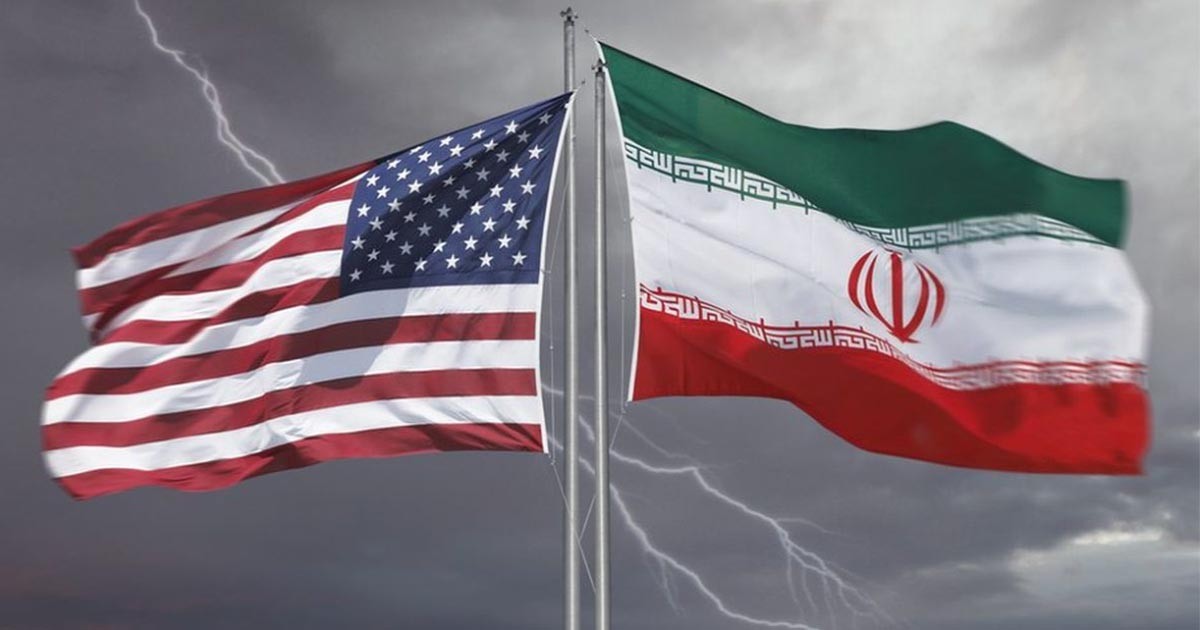Snapchat has revealed that it will begin charging users for storing photos and videos, sparking backlash from those who have built up years of content on the app.
Since its launch in 2016, the platform’s Memories feature has allowed users to save posts for free, but now anyone with more than 5GB of saved content will need to pay to keep it.
Read more: Aleema Khan is MI Agent: Ali Amin Gandapur accuses Imran Khan’s sister
Snap has not disclosed UK pricing, saying the changes will roll out gradually worldwide, but confirmed that paid storage plans are coming. A spokesperson told TechCrunch the entry-level 100GB plan will cost $1.99 (£1.48) a month, while 250GB will be included with the $3.99 (£2.96) Snapchat+ subscription.
Dannnnng, Snapchat is ramping up on monetization. Memories used to be free (I used it a lot to store photos so I can save space on my phone), now it gonna cost you if you go over 5GB $SNAP pic.twitter.com/3iiox7zN3t
— Drink Water Investments 🛶 (@Jack64128896) September 27, 2025
The company admitted it is “never easy to transition from a free to paid service” but argued the change will help improve Memories for users, noting more than one trillion have been saved since the feature’s launch.
Read more: Elon Musk halfway to becoming world’s first trillionaire: report
Backlash Grows as Snapchat Moves Memories Behind Paywall
Users exceeding the 5GB limit will be offered 12 months of temporary storage and the option to download their archives.
Users exceeding the 5GB limit will be offered 12 months of temporary storage and the option to download their archives.
While Snap insists most Snapchatters won’t be affected, many users on social media have slammed the move as “unfair” and “greedy,” pointing out they’ve amassed years’ worth of Memories now locked behind a paywall.
Experts like Drew Benvie of consultancy Battenhall say this was only a matter of time: “The road to paying for storage on social media is inevitable. In an era where we post less, but save more, this is the next evolution of social platforms.”
wdym snapchat is making you pay for memories storage…. that’s literally the only reason i still have snapchat
— ❀ (@lotusbloomings) September 30, 2025
🚨🇺🇸📱 FLASH | Snapchat va LIMITER son STOCKAGE GRATUIT à 5 GO pour les MEMORIES (anciennes stories & snaps sauvegardés). Au-delà, vous devrez payer un abonnement, sinon vos SOUVENIRS seront SUPPRIMÉS. Les tarifs et la date de déploiement en France restent inconnus.
👉 Une… pic.twitter.com/ofB8DOxQuD
— Cerfia (@CerfiaFR) October 1, 2025
snapchat is trying to make people pay for memories…..? pic.twitter.com/g6LXEB2V4A
— 𝐩𝐫𝐢𝐧𝐜𝐞 🫧 (@ungodlyprince) October 1, 2025
the streets are saying we’re gonna have to pay for Snapchat memories now? pic.twitter.com/GEkrFKNTIs
— ً (@pcrkhs) October 2, 2025
With additional input by GVS US and Intl desk














